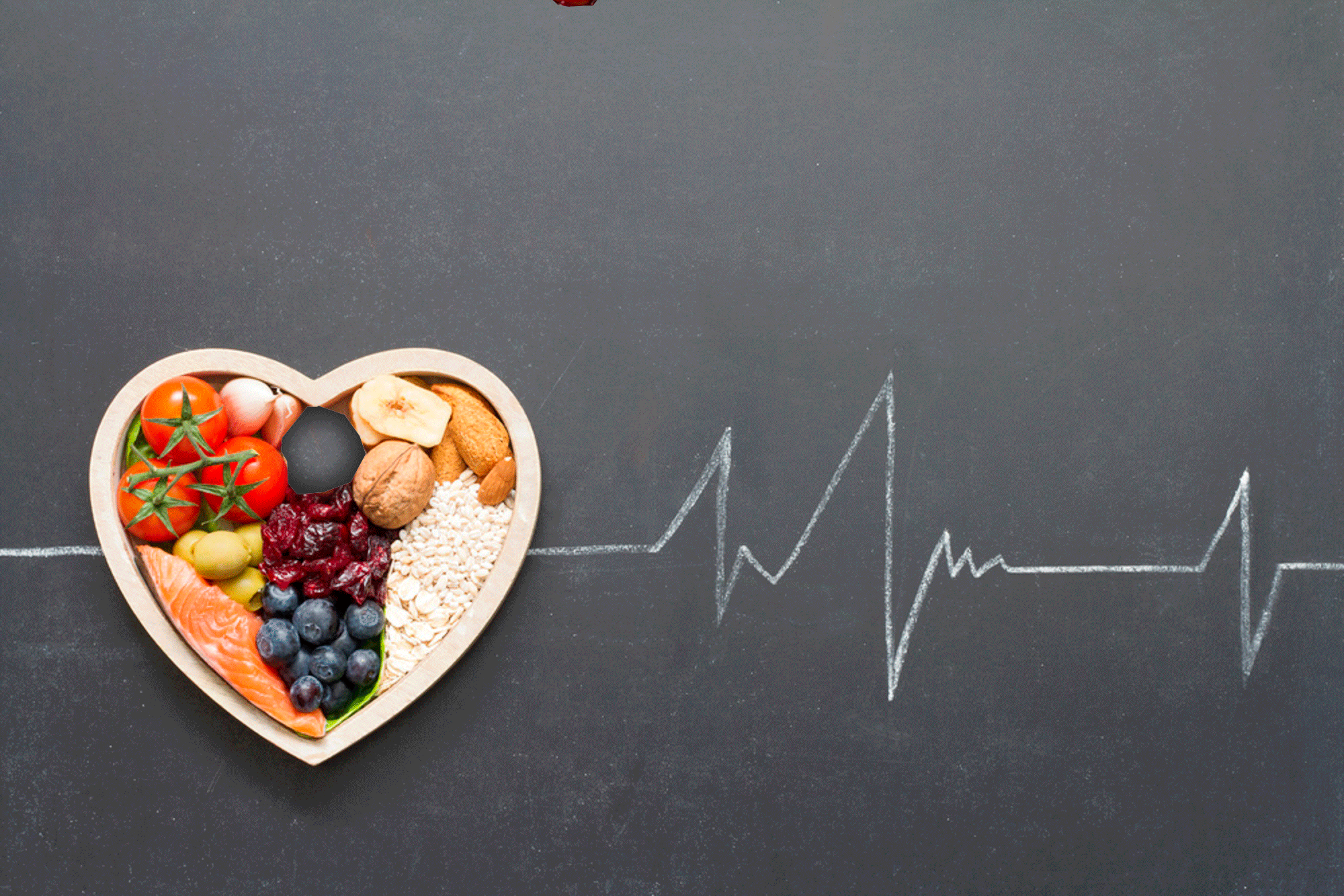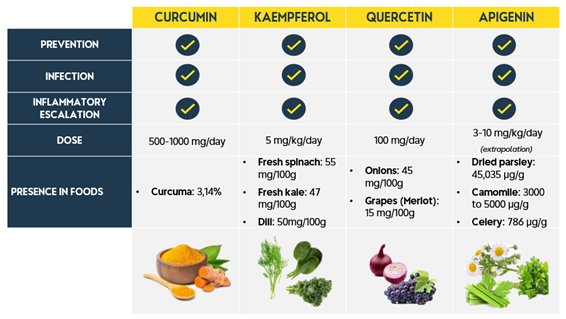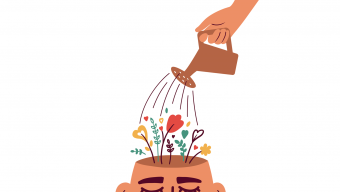Wellbeing depends on maintaining a correct diet, regular physical activity, adequate rest, and allotting quality time to recharge our batteries. This is fairly well understood, and while many of us may not be able to hit all of our health goals every day, we still get up in the morning and make an effort. Yet, even the most vigilant among us can be thrown off our wellness practices when going through a stressful situation, which can affect our well-trenched behaviors and immunity.
In a study of entrepreneurs and MBA students who were at the time undergoing stress of some kind, I found a clear relationship between the presence of a challenging event and lack of exercise, changes in diet, and lack of sleep or poorer sleep quality. The negative impact that the individuals experienced because of the stress occurred not only leading up to the stressful event, but also during and afterwards. Nearly 70% of the survey group admitted to having a poor diet (excess, deficient, or unbalanced), overreliance on caffeine, altered sleep patterns, and difficultly in returning to normal behaviors. It is no surprise that the last two years and the uncertainty that the pandemic has brought into our lives have only magnified these negative effects of stress and their consequences on our wellbeing.
There is growing evidence of the positive influence that a correct diet (including the use of medicinal plants) has on health. However, there is also much misleading information and unsubstantiated remedies that appear daily, creating false hope and damaging the credibility of the valid findings that have indeed been confirmed by science.
Moreover, today’s immediate context in which the prevention of infectious diseases is top priority lends particular relevance to the impact diet can have on our health. Greater awareness of health and the corresponding desire to follow a healthier lifestyle could bring about a lasting change in what, how, and even where we eat. We must go beyond thinking solely about a vaccine and begin focusing on the connection between nutrition and Covid-19 and similar viruses.
Although there are currently no nutritional supplements or foods that will prevent a person from becoming infected with Covid-19, a balanced diet adjusted to the nutritional status and personal needs of the individual are very important for the immune system. In this manner, our main goal, as individuals and researchers, should be to prevent the virus from entering the body or, if that is not possible, to efficiently resolve the infection once the virus has entered. Any work in this direction is worthy, particularly if we can eventually reach a point in which diet and habits do help prevent the virus from infecting us in the first place.
So, how can we take charge of our own health and wellbeing in a strategic way? It is important to be conscious of what the immune system needs in order to function properly and to also understand the role those certain nutrients play in reinforcing that function. In business, we are all well aware of the relevance of preparation, so why not, then, apply the same planning to our immune system and increase its efficiency for the upcoming season?
Phytonutrients are naturally occurring compounds found in plant foods shown to have a positive impact on health and in boosting immunity. The intake, however, is critical. Thus, before embarking on clinical recommendations of phytonutrients for the medical treatment of illnesses, more studies are needed to investigate the mechanism of action, pharmacokinetics, and the safety profile of plant complexes and their isolated bioactive compounds. But, until then, we can still count them as part of our protective healthy diet. Vitamins A, B6, B9, B12, C, minerals (such as Zinc, Iron, Selenium, Copper), carotenoids, Omega 3 fatty acids (such as DHA, EPA), and polyphenols (flavonoids, which are powerful antioxidants that regulate cell activity and fight free radicals) are seen to play a major role before, during, and after the disease when consumed in certain doses, duration, and under specific clinical conditions.
For this, there are certain foods that are particularly important for their flavonoids content related to virus infections. The most active flavonoids, and thus the most suitable candidates to help strengthen immunity and wellbeing are curcumin, kaempferol, quercetin, and apigenin. These four are often present in vegetables (such as onions and broccoli), spices (such as turmeric), and fruits (such as grapes, apples, and cherries).
Source: Author
Many people around the world rightly pay homage to the Mediterranean diet, which is considered a valid source of flavonoids. It is important to note, however, that the percentage of the active ingredient in a traditional Mediterranean diet is not actually as high as it has been shown to be in the studies, and thus it is not easy to determine the proper quantities for treatment. Nevertheless, incorporating foods such as whole grains, vegetables, legumes, fruits, and olive oil daily is key in helping our immune system to perform better (taking allergies and intolerances into consideration, of course.)
Much of the appeal of the Mediterranean diet evolves from the wide range of pharmacological activity of flavonoids. These compounds act as free-radical scavengers and antioxidants, and exhibit antimutagenic, anti-inflammatory, cardiovascular, and tumorigenic processes, with immune and antiviral effects. While flavonoids are present in many of the fruits and vegetables readily available to us at our local foodstands, there is not yet much information available to consumers about their specific benefits. The discussion regarding flavonoid use to counter disease is based, similarly to that of phytonutrients, on our previous experience with other viruses, such as the earlier SARS (severe acute respiratory syndrome) coronavirus. Thus, once again, we need further study to confirm how it can or cannot influence Covid-19 and future viruses. It must be noted, however, that the past has shown itself as a consistent indicator – and it is pointing us towards the use of flavonoids as adjuvant treatments for current viral infections.
How can we fight off infection? Whether it is a cold, the seasonal flu, or even Covid-19, we must start with a foundational healthy diet. The upcoming season could very well prove to be a decisive turning point for our collective health – including our mental health – and the step toward action is in our hands. The perfect scenario is obviously that we don’t get infected, and we are all thus thinking about how to avoid it Covid-19 (as well as other viruses). But, in addition to avoiding it, we can do our best to prepare for it. There is no diet to combat Covid-19, but let’s not weaken our bodies with inadequate nutrition.
© IE Insights.









